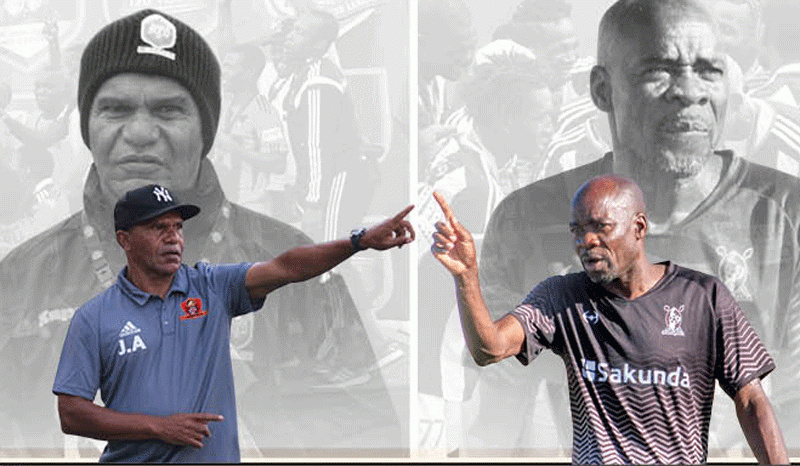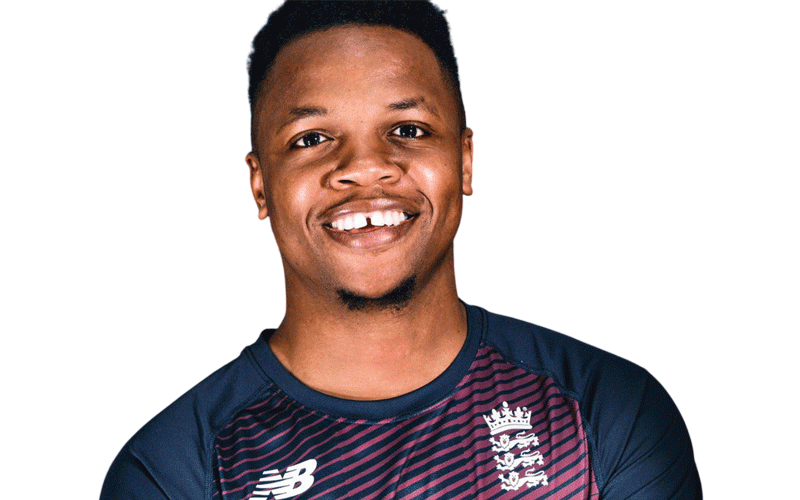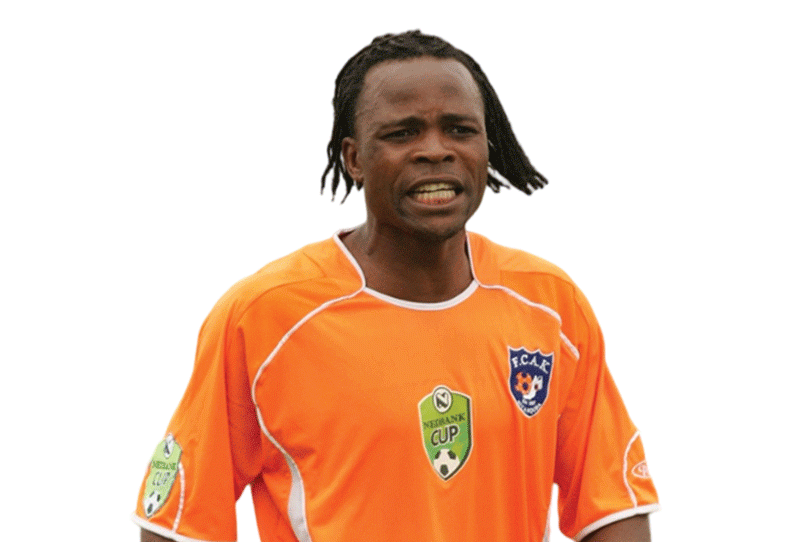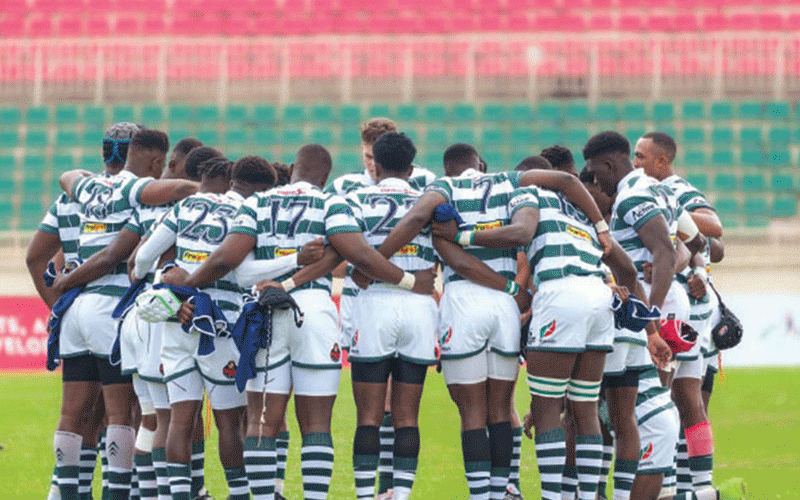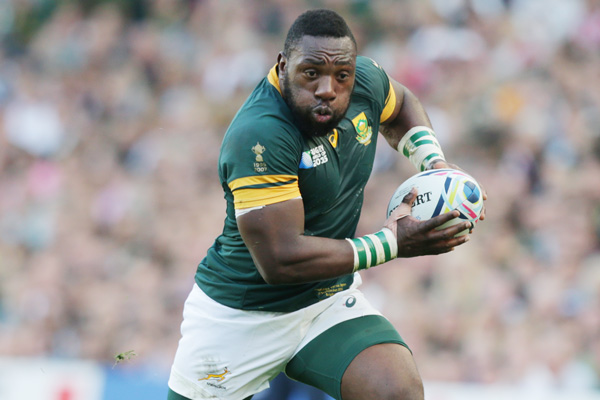
SYDNEY — Tendai Mtawarira (pictured below) has been known as “Beast” since he was nine years old. His childhood best friend tagged him with the nickname in primary school and to say it has stuck wouldn’t really be doing it justice.

The veteran Sharks front rower introduces himself as “Beast” rather than using his real name, Tendai, and he has even had the moniker trademarked in some parts of the world.
Super Rugby and Test crowds bellow “Beeaassttt!” in almost every game he plays and though they’re long odds to spell his surname, rugby fans around the globe know and love the 33-year-old Springbok veteran.
In person, though, Mtawarira is more a gentle giant than anything beastly and the regular chants are, ironically, something he says keep him grounded.
“It’s amazing how everybody has fallen in love with the Beast,” he said. “It’s humbling for me and it’s one thing that’s never gotten to my head.
“It’s kept me grounded because I’m grateful to my fans and my supporters, I always want to go out there and make them happy.” Mtawarira’s humility has manifested itself in a new way as his career has ticked on.
He is involved with two major charities in his native Zimbabwe, both committed to helping kids find a leg up, whether it be in school or sport.
“The Higher Life foundation helps out with young kids, orphans, with tuition for school and it’s a massive organisation. It’s run by the wealthiest family in Zimbabwe, the Masiyiwas,” he said.
- Chamisa under fire over US$120K donation
- Mavhunga puts DeMbare into Chibuku quarterfinals
- Pension funds bet on Cabora Bassa oilfields
- Councils defy govt fire tender directive
Keep Reading
“They knew about me from the rugby scene and they asked me if I want to get involved with the good work they do back home and I did.
“It’s just opened my eyes to really get involved and go out there and do mentorship programs with the young kids and just tell them, despite where they come from they can reach for the stars and actually be successful and be just like me.
“The Get Involved foundation for sporting talent in schools from grassroots level, not just rugby, athletics as well, soccer, cricket, just youngsters get a professional opportunity in their careers because back at home in Zimbabwe, there’s no real opportunity professionally.
“If you want to be professional you have to go elsewhere which is quite sad, so we help out with opportunities in the UK and South Africa.”
Last year, Mtawarira became the first black Springbok to play 100 Tests and last month he eclipsed Adriaan Strauss as South Africa’s most-capped Super Rugby player.
But he has never forgotten his homeland.
Mtawarira’s parents Felix and Bertha still live in Zimbabwe and though they visit Durban more than the Sharks prop can get home, he is fiercely proud of his heritage.
“I know when I left in pursuit of a professional career, I went to South Africa and now I’m seen as South African, but I’ve never forgotten my roots,” he said.
It’s a story many Zimbabwean-born athletes tell, and one Australian rugby fans are familiar with though Wallabies superstar David Pocock, a fellow gentle giant with whom Mtawarira has struck up a strong friendship.
Pocock congratulated Mtawarira on his recent milestone on social media by saying “Makorokoto mkoma” — which translates to “congratulations big brother”.
Mtawarira said Pocock’s dedication to charitable causes inspired him and he hopes one day the two Zimbabwean exports can work together to help mentor children in the African nation.
“You get a lot of people who say a lot of stuff but they don’t actually do the work,” he said.
“He goes out there and gets stuck in and I think I really respect him for that and I think he inspires me as a person.
“I think we can hopefully collaborate and do a lot of good things back home in Africa and just to inspire the next generation.
“There is no professional setup in Zimbabwe, so my dream is to build some sort of academy that kind of bridges the gap and hopefully gives young athletes an opportunity to experience great coaching, world-class coaching and also world-class facilities and do the right conditioning and the things that you need to become a professional.
“That’s probably, maybe where hopefully me and David can link up. It’s a massive privilege being a rugby player and it’s something that I want to take out there.”
Pocock and Mtawarira first met when the Australian was playing for the Western Force in his early Super Rugby days and almost instantly forged a connection.
“I first played against Dave back in 2008, I think, when he was playing with the Force,” Mtawarira said. “He had just came onto the scene and obviously I worked out he was from Zimbabwe and he also knew that I was from Zimbabwe.
“We just met up and chatted and he told me about his passion for Zimbabwe and how much he’s involved in conservation work back at home and he’s obviously a big farmer himself.
“We became really good friends over the years and I’ve always caught up with him every time I play in Canberra or we play against the Wallabies, we always have a good chat and he’s a hell of a nice guy.”
Though Mtawarira is quick to say he felt he had a “privileged” childhood, the crumbling Zimbabwean economy was a major part of his decision to move to South Africa and success in rugby was ultimately his only option.
“My dad was quite an educated man, so he always provided well for us,” he said.
“We never had to go a day hungry in the house but it wasn’t obviously amazing.
“We had the basics, my dad could pay for my tuition and he could do the basic stuff but when things got really tough and the economy crashed and we had to work very hard for everything.
“I had to leave the house at a young age – I was 18 when I went to South Africa and I had to fend for myself, it was do or die for me.
“I went there with that attitude that I had to make it or else there’s nothing for me.”
That experience has been the driving factor in Mtawarira’s growing community involvement but he says he wasn’t always that way inclined.
Mtawarira’s on-field ambitions were the only thing he was concerned with as a young footballer.
With his rugby legacy on track to sit among the greatest South Africans ever, Mtawarira began to look at the world around him a little bit more closely.
“At a time in my career, I just focused on myself and I wanted to get to a certain stage so I just had this tunnel vision that I need to work hard and sacrifice a lot for that,” he said.
rugby.com.au

